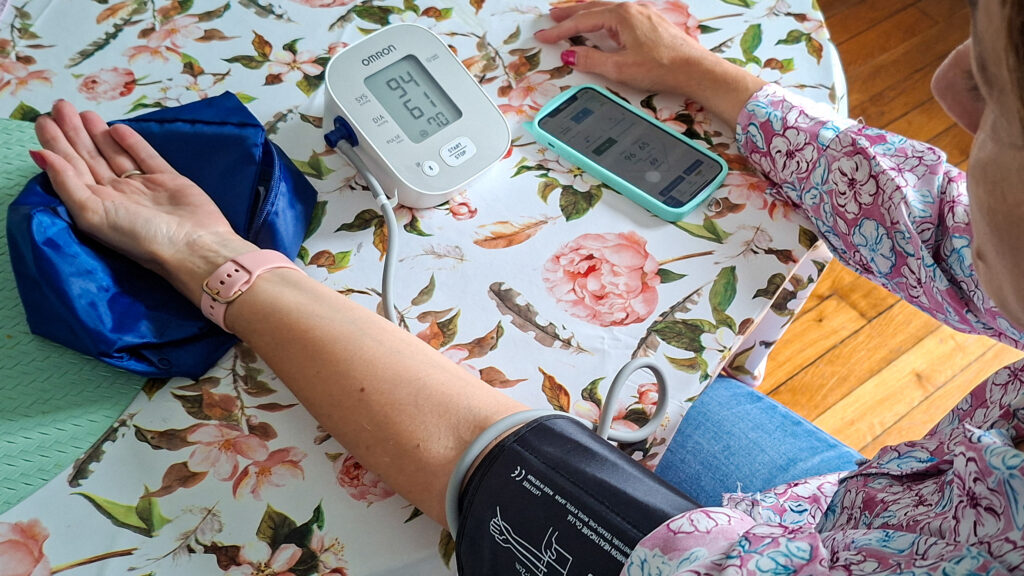Beginning in January, UnitedHealthcare will no longer pay physicians to remotely monitor the data that patients collect at home about chronic conditions like hypertension.
The updated medical policies for both Medicare and commercial health plans from the country’s largest insurer were posted in September and apply to most of the remote physiologic monitoring (RPM) of patient conditions using devices like blood pressure cuffs and scales. The policy states that RPM “is not reasonable and necessary due to insufficient evidence of efficacy” for a wide swath of conditions including high blood pressure, chronic obstructive pulmonary disease, depression, diabetes, and more. By exception, UnitedHealthcare said it will pay physicians to monitor heart failure as well as hypertensive disorders during pregnancy.
UnitedHealthcare’s decision to scale back coverage of remote monitoring services will affect millions of its members and comes after the insurer faced intense criticism for allegedly denying to pay for medically necessary care for its Medicare Advantage beneficiaries. UnitedHealth Group, the insurer’s parent company, is also in the midst of a financial turnaround.
STAT+ Exclusive Story
Already have an account? Log in

This article is exclusive to STAT+ subscribers
Unlock this article — and get additional analysis of the financial innards of our health care system — by subscribing to STAT+.
Already have an account? Log in
Individual plans
Group plans
To read the rest of this story subscribe to STAT+.


